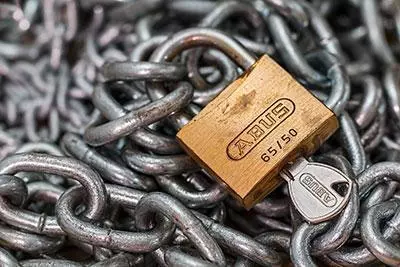Google have announced changes coming to all Google Drive users in a recent blog. This may or may not be big news for you depending on what you use Google Drive for. In certain circumstances you may find files that you're trying to share or trying to download have been locked.










